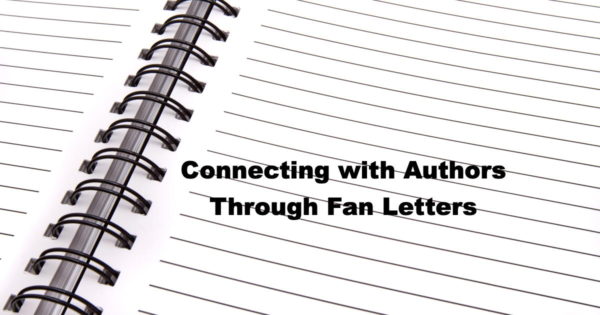 Something I hear a lot is, “Why don’t published authors want to help newer writers?” or someone will say, “I just need a quick look at my query, my opening chapter, my whole manuscript!” Or, “I don’t know why that author won’t refer me to his agent.”
Something I hear a lot is, “Why don’t published authors want to help newer writers?” or someone will say, “I just need a quick look at my query, my opening chapter, my whole manuscript!” Or, “I don’t know why that author won’t refer me to his agent.”
Well, there are a lot of reasons. For one thing, authors are busy. They have contracts with deadlines. There are a lot more unpublished writers than published ones. Published authors probably already have a number of writers they work with and a critique group (or two or three) that they are doing critiques for regularly. They do signings, present at conferences and writing groups. There is only so much time.
I do my best to answer publishing questions as thoroughly and knowledgeably as I can whenever I’m asked, but I have to draw the line at critiquing for strangers. I just can’t fit that in. And as for agent referrals, an author’s reputation rides on every referral they give. If I haven’t read someone’s work and absolutely LOVED it, if I haven’t interacted with the writer and determined that they are professional and pleasant to work with, then there is no way I’m going to recommend them to my agent.
And yet, some writers are getting that kind of help and feedback, so why not you?
Well, it’s about the relationship. You have to build one. Over time. Through multiple interactions before you should ever ask an author to do any kind of labor for you. So how do you do it? Here is a suggestion—write a fan letter.
These days that will probably take the form of an email. Most authors have websites that include an email address. Pick a favorite author, one who is doing the thing you want to do. (You ARE reading in your genre, right? And you’re reading recently published work by authors who are still living, right? Okay, good. Pick one.) I’d recommend one who lives in the same state as you do, if possible, because if the letter goes well, there may be in-person opportunities like signings and conference appearances to explore later.
Don’t pick a superstar like Stephen King. Try an author with a handful of published works. They are more likely to have the time to respond.
Be sincere in your praise. Pick something specific you liked and note it. (I’d suggest choosing something that runs throughout the book, or something towards the middle or end so they don’t think you only read the beginning.) For example, I wrote one to my favorite science fiction/romance author expressing how impressed I was with her ability to weave not one but two romance storylines with two different pairings throughout the book. This also served the purpose of demonstrating that I recognized the level of her craft which marked me as a professional as well.
Ask questions in your letter. Ask what’s coming next. Ask how the author accomplished whatever it is you are praising. We love to talk about our work. However, do not ask for anything. If a friendship eventually develops, they will offer.
And if the author doesn’t offer, don’t be upset. Maybe they have edits due and a deadline looming. Write to a different author and try again. You might end up making a wonderful friend and gaining a mentor.

Niki Kantzios
Good advice for those on both side of the asking.
Bobbi Linkemer
Dear Ms. Ire,
Life is certainly about relationships. I met a fellow St. Louisan and author at a recent art fair in St. Augustine, Florida, where I now live. I bought his book and wrote him. He wrote back and recommended that I look into the Florida Writers Association. So, I did, and the first thing I came to was your blog post, which is excellent. I have been a writer for fifty years, and so much of what you said in your post was on the mark … except the question you hear a lot: “Why don’t published authors want to help newer writers?” That has not been my experience. Over the years, I have received so much help from more experienced writers and have devoted much of my own career to helping other writers write and become published. I am prouder of their achievements than my own. Thanks for your great blog post!
Elle E. Ire
I’m glad your experience has been a favorable one. Mine was as well. I received a lot of help from published authors when I was an unpublished writer. And because of that, I try hard to give assistance to the next generation of authors. I was definitely not saying that authors aren’t generally helpful. What I am saying is that networking seems to be becoming a lost art, and while most published authors WILL try to offer assistance to newer writers, those newer writers are likely to get even more if they forge some kind of connection, or even better, a friendship, first. There are many levels of helpfulness. It sounds like you were doing everything right! Thanks for reading. If you’re coming to the conference in the fall, please stop me and say hello!